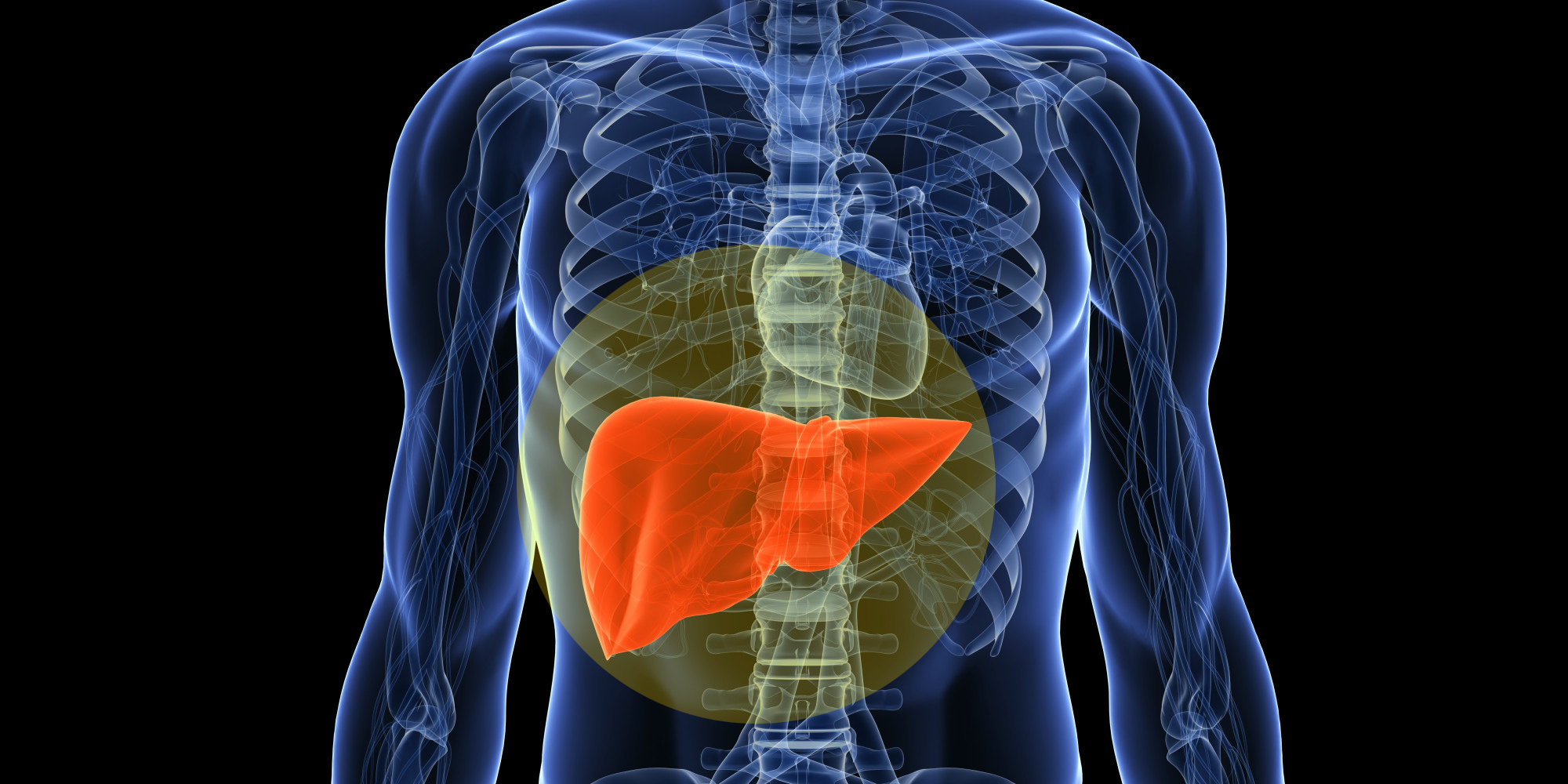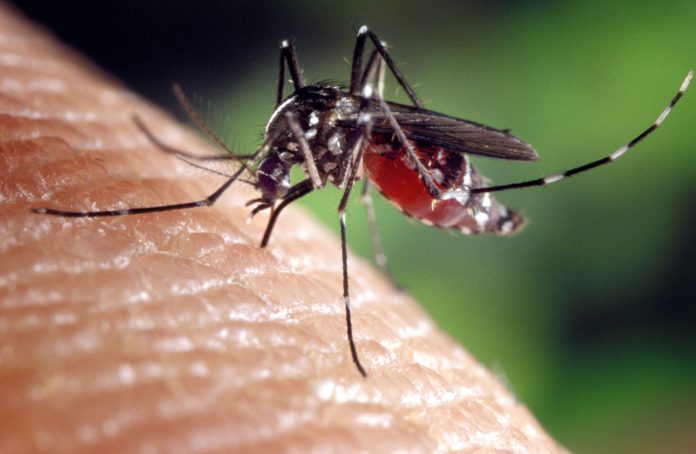Doctors do not usually perform a transplant on patients who suffer acute liver failure because of dengue; Max doctors defied the odds
Mr Ray, a top notch executive living in the dengue prone Santacruz area of Bombay was worried. His neighbour was admitted in the hospital with liver failure. And doctors had told him that the cause is dengue fever.
Dengue can indeed cause liver failure, often quite severe. The more severe form of dengue is dengue hemorrhagic fever, which can be lethal. Multiple organs are involved, including kidney, heart, lungs and liver. But dengue causing liver failure is not something unheard of. What is rare though is a liver transplant in a patient suffering from post dengue liver failure.
The reason: in dengue other body organs like lungs and kidneys are also severely involved. Thus doctors are reluctant to perform transplant because the condition of the patient is often judged too precarious to undergo one. Other organ involvement also means that even if the liver transplant is successful the patient may die of other organ failure.

Doctors are wary of performing a liver transplant on a patient with acute liver failure due to dengue fever the world over, and no such reports exist in literature.
Studies have shown the liver to be involved in dengue fever. Deranged liver function tests are the most common confirmation. This has been noted in children suffering from dengue fever
That is why a recent liver transplant by Dr Subhash Gupta’s team in Max Hospital Saket stands out. The team performed the procedure successfully in a patient with acute liver failure due to dengue. This is probably one of the very few cases of acute liver failure caused by dengue virus treated successfully with liver transplant.
An emergency living donor liver transplant was carried out in the case. The donor was the patient’s brother. The patient made an uneventful recovery. This is important because while liver failure is a common consequence of dengue, the option of transplant is rarely taken up.
Reports from Thailand and India suggest that upto 20 percent of cases of dengue affect the liver as well.
Acute liver failure by definition happens when a person has jaundice (yellow eyes and urine) and within a span of days or weeks becomes drowsy or unconscious and the blood in his/her body doesn’t clot (called coagulopathy medically). Though many people recover on their own with proper care, some need a liver transplant as the standard treatment.
The liver can fail in dengue as well, a disease synonymous with India. Till NOvember 25 2018, 89974 cases of dengue were reported in the country. There were 144 deaths because of the disease, says data from the National Vector Borne Disease Control Programme.
Studies have shown the liver to be involved in dengue fever. Deranged liver function tests are the most common confirmation. This has been noted in children suffering from dengue fever. The liver recovers gradually on it’s own and no specific medicines exist. However in some cases the recovery does not happen, making transplant the best bet for the patient.


